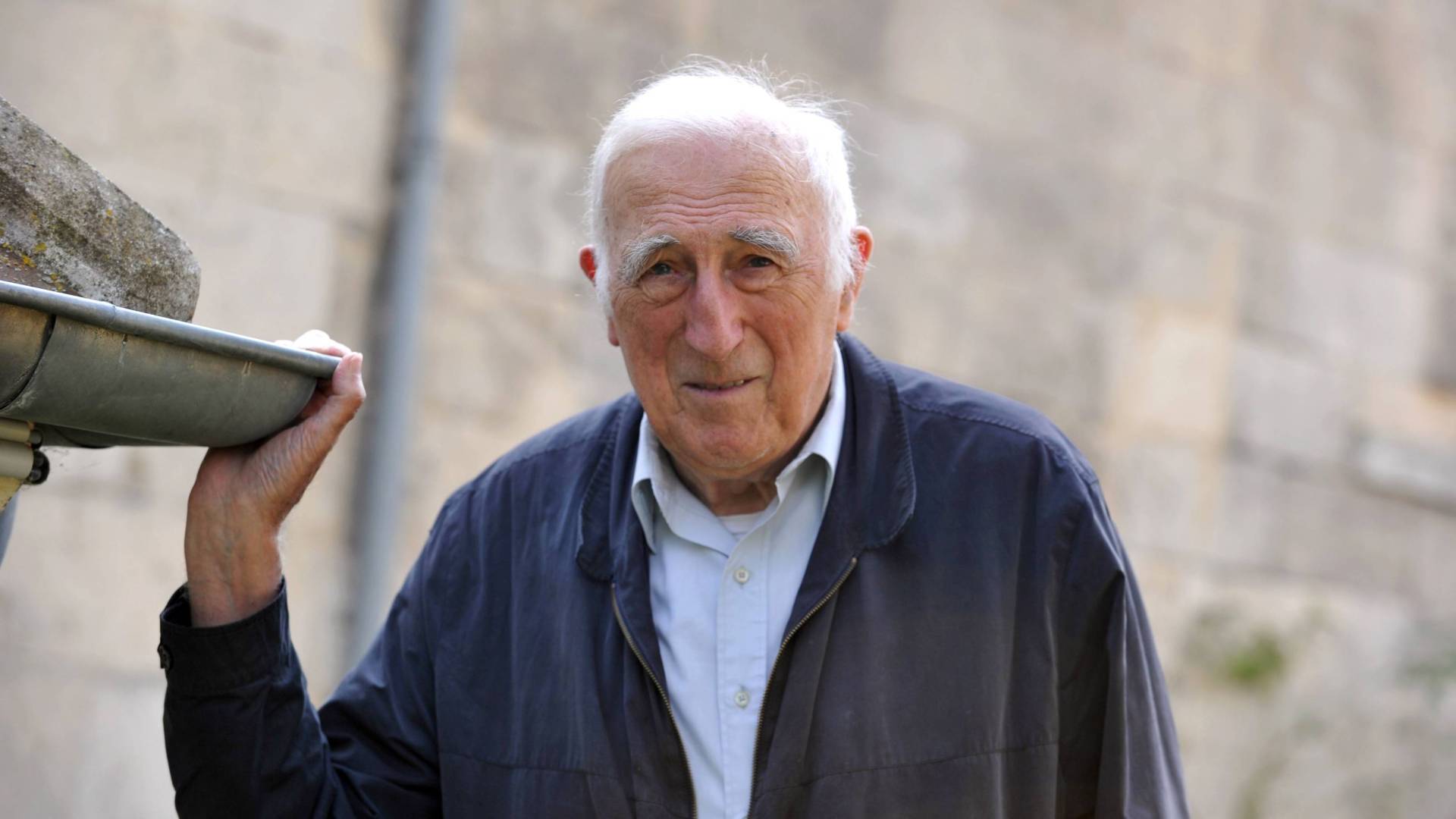Two years after abuse allegations against L’Arche’s late founder Jean Vanier were made public, an investigation shows the secret was “carefully maintained for decades.”
From the famous Christian community he developed in Trosly-Breuil, France, the Catholic theologian and leader perpetuated a hidden “mystical-sexual” sect. Over a nearly 70-year period, Vanier violated at least 25 women—all of them adults without disabilities—during prayer and spiritual devotion.
The results of the two-year investigation, commissioned by L’Arche in 2020, were released in an 868-page report on Monday. A half dozen of Vanier’s victims spoke up for the first time following his death in 2019 at age 90.
An interdisciplinary team of scholars consulted 1,400 private letters of Vanier’s, including hundreds from a secret folder. They interviewed 89 people, including eight of Vanier’s victims.
L’Arche became well-known and spread around the world as an organization bringing together people with and without intellectual disabilities. While the ministry brought dignity and fellowship to the vulnerable over the decades, the report suggests that Vanier founded L’Arche as a cover to reunite a group who practiced contemplation and spiritual direction with nudity and sexual touch.
“The courage of the women and Vanier’s death in 2019 led to archival research that revealed … that Vanier was part of a small sectarian group that subscribed to … predatory and deviant doctrine and practices,” wrote Tina Bovermann, executive director of L’Arche USA. “L’Arche’s members, partners and friends were lied to and deceived by Vanier.”
The findings “stunned” L’Arche leaders, Bovermann told Sojourners, which broke the news of the new report and is also releasing a podcast on the fallout of the revelations around Vanier.
“We were left with many questions,” she said. “How are we to understand L’Arche’s founding story?”
The commission describes a French ministry called L’Eau vive (Living Water), which had been led in the 1950s by Vanier’s spiritual mentor, a Dominican priest named Thomas Philippe. After a mystic experience involving the Virgin Mary, Philippe developed “theological arguments to justify his sexual practices with nuns or young lay women aspiring to a religious vocation,” the report said.
Philippe’s behavior led him to be barred from public or private ministry by the Catholic Church, but he remained clandestinely in touch with Vanier and other members of L’Eau vive, who went on to found L’Arche in 1964. Jacqueline d’Halluin, an aspiring nun who also became a disciple of Philippe’s and whose letters describe a sexually intimate relationship with Vanier, came up with the organization’s name. Philippe became the director of L’Arche’s spiritual center La Ferme through 1991.
Over the years, as the organization spread to Canada, India, and more than 30 countries, Vanier, Philippe, and others continued to abuse dozens of women while serving at L’Arche and on its property, the commission said. None of the victims were found to be people with disabilities. Vanier’s victims were mostly Catholics from “privileged social backgrounds,” some of whom had taken religious vows.
“It was within the community of Trosly that the majority of the cases of control and sexual abuse investigated by the commission took place. People accused of sexual abuse have been members and have held positions of responsibility there, victims still live nearby,” they wrote.
Of the 25 women who experienced “a sexual act or intimate gesture” from Vanier, 14 remained members of L’Arche.
A synthesis of the commission’s report details the physical and sexual “prayer” Vanier engaged in with women:
From the end of the 1960s to the 2010s, the posture regularly described is that of Jean Vanier (this is also the case with Thomas Philippe and [his brother and fellow priest] Marie-Dominique Philippe) on his knees, his head resting on the bare chest of the “accompanied” person.
Tactile gestures intensify during prayer and accompaniment (holding hands, heads close together, foreheads touching, hugging each other). The different stories evoke a similar range of touching gestures, covering in particular “kisses on the mouth each time more intense, more passionate,” “voluptuous, avid,” and caresses on the erogenous zones of both partners, particularly the female’s breast.
In several cases, the touching progressed to acts of sexual assault. Partial nudity, the absence of coitus as well as the spiritual justification of sexual abuse led Jean Vanier to consider that these were non-sexual practices.
The women who initially spoke up about abuse by Vanier described how he considered sexual acts as a part of spiritual direction, allegedly saying lines like, “This is not us, this is Mary and Jesus,” and “It is Jesus who loves you through me.”
The report noted Vanier’s use of spiritual terms with sexual connotations throughout his correspondence, sometimes subtly—“they ‘penetrate’ (the mysteries through Love), they are ‘hidden in the bosom’ (of the Immaculate one)”—and sometimes in “hardly veiled terms” referring to his arousal.
During his lifetime, Vanier was renowned for his faith, his gentleness, and his embodiment of friendship to those with disabilities. He was awarded the 2015 Templeton Prize.
L’Arche USA has condemned “the insidious grooming, the psychological and spiritual exploitation, the intentional use and abuse of power, the sexual violence, the lies, manipulation, and deceit” employed by Vanier and Philippe and apologized for the suffering caused by not being able to stop these abuses. Allegations against Philippe did not arise until 2014, decades after his death.
Despite the founders using L’Arche as a cover for their mystical and sexual practices, the researchers concluded that “L’Arche as a project and as an organization has nothing to do with a sect” and that the beliefs of L’Eau vive hadn’t spread to L’Arche leaders elsewhere.
The report notes that more victims may come forward, but “since 2014 a process of individual and collective awareness has been developing within L’Arche.”
They called it “astonishing” that the sectarian practices hadn’t proliferated more widely, noting the small number of former L’Eau vive members in proportion to the many who joined the work of L’Arche for its stated mission around intellectual disabilities.











